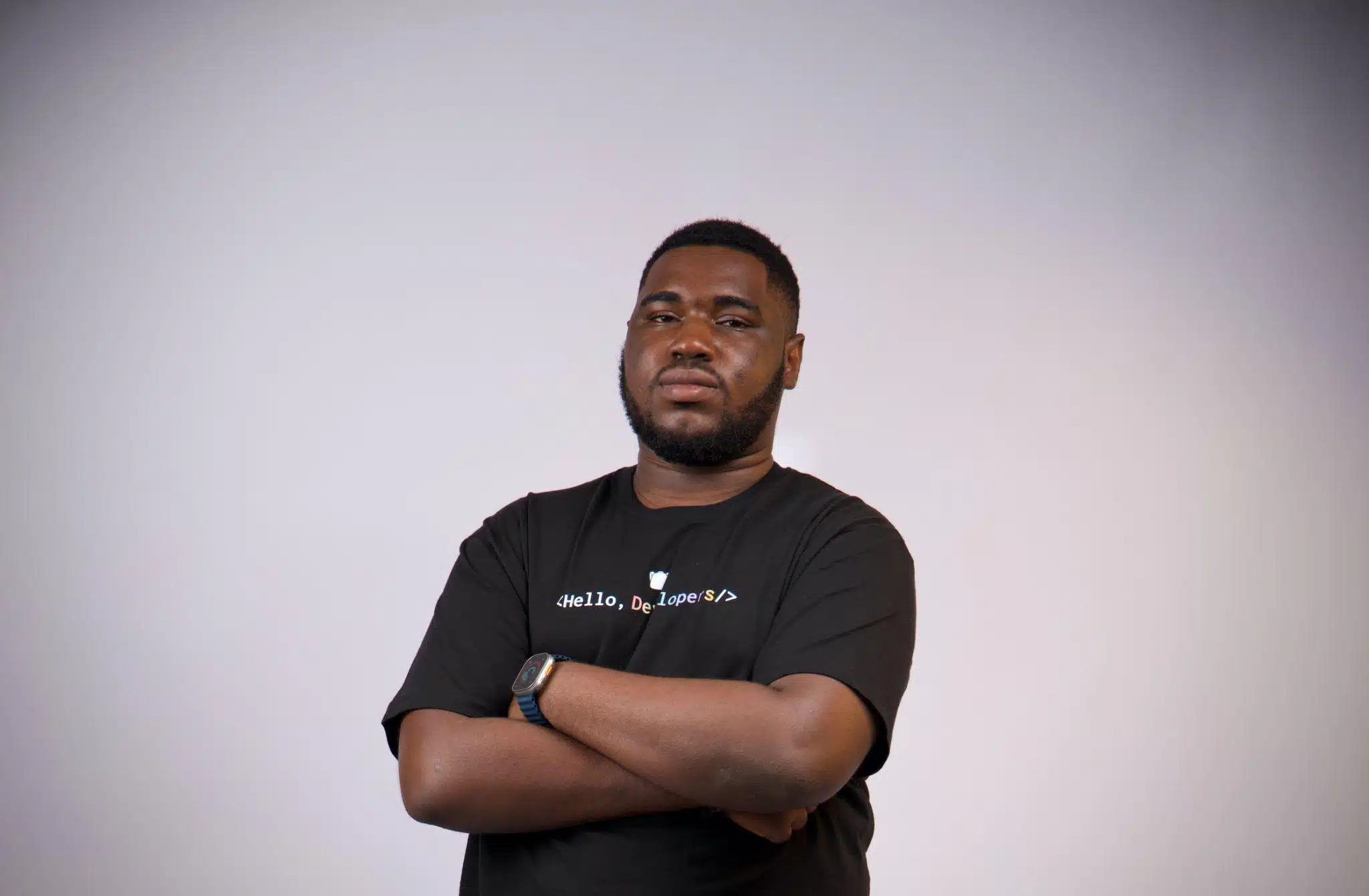truQ co-founder Williams Fatayo has stepped down from his role as CEO, having led the logistics startup for five years. Fatayo disclosed this in a Medium post on Saturday, July 12, 2025 detailing some events that led to his resignation, although LinkedIn records show Fatayo left the role in February 2025.
Fatayo co-founded truQ along with Folusho Ojo and Isaac Chikutukutu in 2020 to automate short-haul logistics. Originally starting out with a B2C play, it has since shifted to a B2B play, which, according to some reports, accounts for 90% of its trips and 65% of revenue.
The startup has also raised capital from investors, including Google for Startups, Techstars, and Ajim Capital, as well as a number of grants.
Williams’s exit as CEO is reportedly due to a conflict with Ojo, who has been the startup’s Chief Operating Officer since inception. In a now-edited post, Fatayo noted that performance lapses by Ojo were the primary source of conflict between the co-founders, adding that the conflict escalated after he suggested a more experienced logistics professional take over her role.
Ojo then convened a shareholders’ meeting to vote on Fatayo’s removal as CEO. On a call with Techpoint Africa, Fatayo noted that the startup has no constituted board. However, with himself and Ojo being the startup’s largest shareholders, any decision to remove him as a shareholder would require buy-in from the two other shareholders, one of whom gave up the right to interfere in such decisions.
No definitive decision was made at the meeting, with the third shareholder refusing to vote.
According to Fatayo, this isn’t the first conflict between both co-founders, but previous conflicts have typically been resolved.
“Until recently, we had a very solid co-founder relationship. If you look through my social media, you’ll see me several times saying this business would not exist if she weren’t there because earlier, when we were running on an Excel sheet, she was managing that Excel sheet while I managed business development and marketing, so she was very instrumental.”
Ojo will now take over as CEO following Fatayo’s unilateral decision to step down. Techpoint Africa reached out to Ojo, and she referred to the company’s official statement, which stated that Fatayo’s Medium post contained several inaccuracies.

Victoria Fakiya – Senior Writer
Techpoint Digest
Make your startup impossible to overlook
Discover the proven system to pitch your startup to the media, and finally get noticed.
The statement noted that the company underwent a leadership transition in February 2025 following serious concerns around financial accountability and governance. It said the company has since implemented stronger internal controls and improved oversight.
While the startup had no board, Fatayo shared that some investors tried unsuccessfully to propose a solution to the conflict.
Following his exit, Fatayo will relinquish some of his shares in the startup in the coming weeks but will stay on the board. It’s not yet clear in what capacity that will happen or the extent of his involvement with the business.
When quizzed about whether remaining on the board is the best decision for the business following the manner of his exit, Fatayo noted that he had always been prepared to leave the business once it achieved product-market fit.
“I trust in my ability to deliver the vision, but I also trust in my ability to cast the vision for folks that are on the journey with me, especially my co-founder. Even though I’m not there to drive the vision anymore, I trust that she’s heard and seen enough to run with it going forward.”
Although Williams has attempted to save the business by walking away, the abrupt departure of its founding CEO will likely raise questions among investors, team members, and industry watchers about the long-term health of the business.
[Update]: July 14, 2025. 11:47 am WAT. This article has been updated to reflect truQ’s official statement concerning Williams Fatayo’s exit as CEO.











